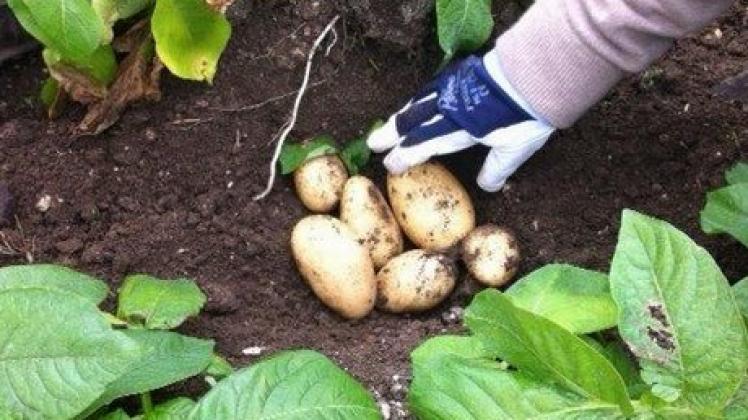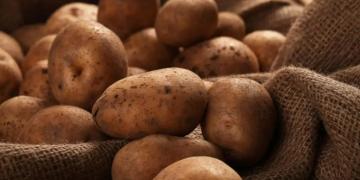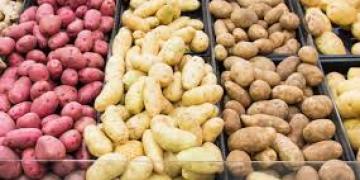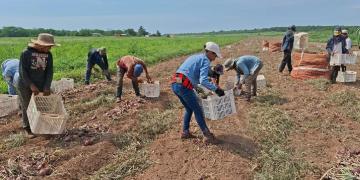EEUU: Crops specialist receives grant to investigate potato bacteria
Take a look at the inside of this potato. Check out some of the empty spots in this field where crops should be. This is a big problem that the Maine potato industry is currently dealing with. It’s called dickeya.

Crops Specialist Steve Johnson describes it as a bacterial pathogen that’s causing seed non emergence and crop loss. Johnson calls it an increasing issue that needs to be dealt with immediately.
"We’re behind. The problem is out there, disease is out there, the pathogen is out there...and we’re just now catching up on some of the research," he said.
Johnson says the bacteria is seed born, it stays on the seed, and builds on the seed as the seed is bulked up and replanted through generations. He says for about a year and a half, some planters that have used Maine seed both in and out of the state have been hit with either small or large stand loss, and sometimes the whole field is plowed up. Johnson says the industry has a lot to learn about dickeya -- right now they know it likes warm and wet climates, and likes potatoes. But there are big questions -- like where it comes from...how it spreads, how much of it affects the crop...and so on. He says in some cases the potato looks perfect, but can still have the disease and so that seed can then cause next year’s crop to be rotten.
"We’re trying to get ahead of it because the question is if I have one diseased plant in a hundred acre field is that a problem? Well, maybe not. If I have ten, if I have a hundred, If I have a thousand...there’s a line somewhere," he said.
Johnson wants to do major research so that the industry can drive the pathogen, rather than be driven by it.
"How can we manage it? If we know how it moves, where it comes from, how it spreads in handling, we can develop management practices to deal with it and doing the research is the first step with this," said Johnson.
And the first step in research...is getting the funding to do so. Johnson is excited about a grant the University of Maine just received to assist in that research. The Agricultural Research Services grant is for 1/4 million dollars split between a number of US universities -- the grant is for advancing the technology in detecting, diagnosing, and controlling dickeya through survey, genetic, and molecular investigation.
"It simply just takes a lot of boots in the ground to do this, in the dirt, in the soil, in the field, in the lab," said Johnson.
"We’re in the business of solving problems like that at this facility...and I am confident that there will be problems solved. It will take time and support," said Aroostook Farm superintendent Randy Smith.
Johnson calls this one year grant a good start...he’s working on getting longer term ones. He says getting a handle on this situation will be pricey and time consuming...but it must be done.
Scott Keirstead of Clover Leaf Farms has been a seed grower for more than 30 years.
"We all need to work together to resolve this. We are all good growers and take the utmost precautions when growing seed. We don’t know where this started...but we want to come to a quick and decisive ending as soon as possible," he said.
Fuente: http://www.cbc.ca/news/canada/prince-edward-island/potatoes-water-fertilizer-environment-1.3506421




